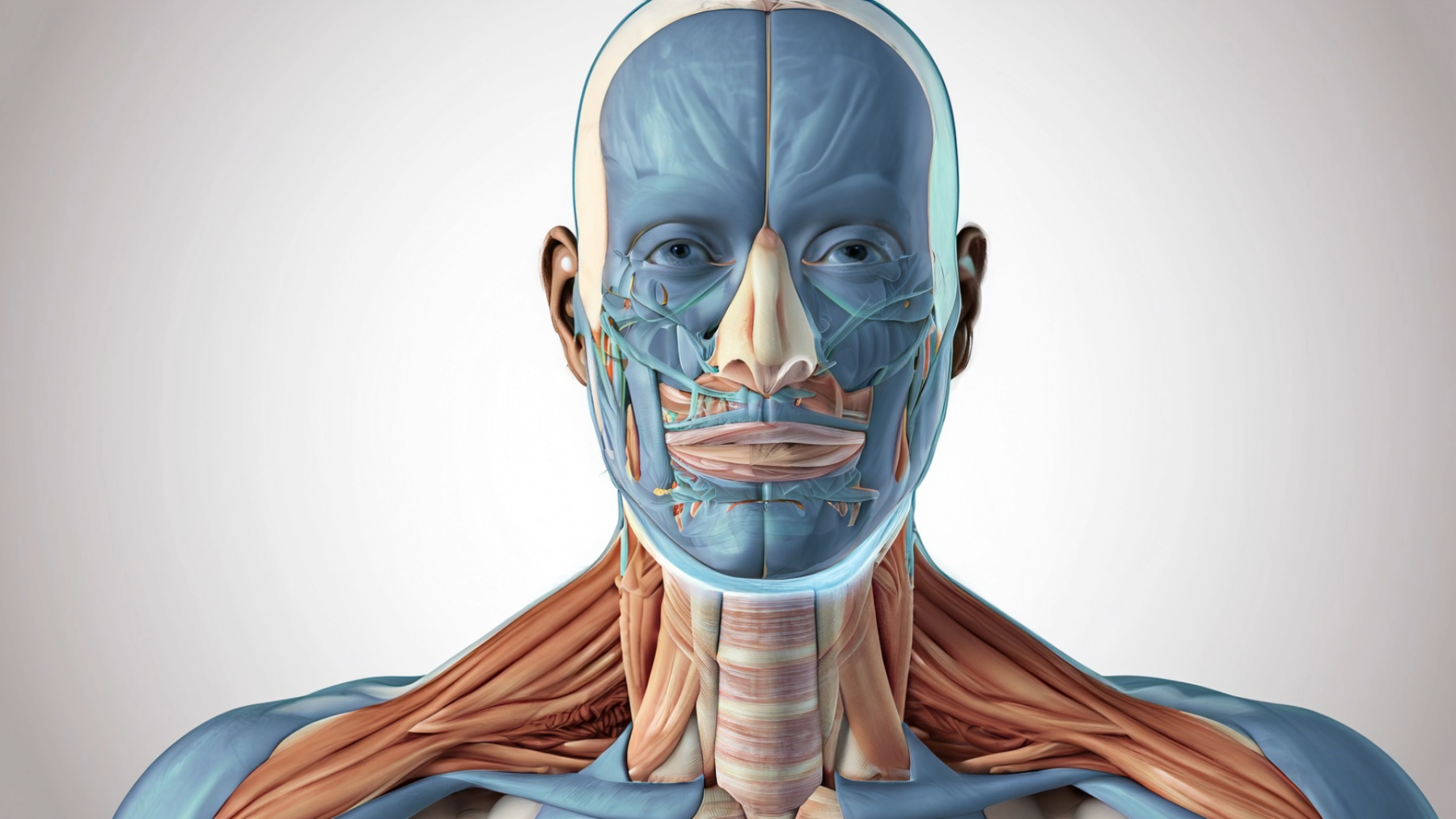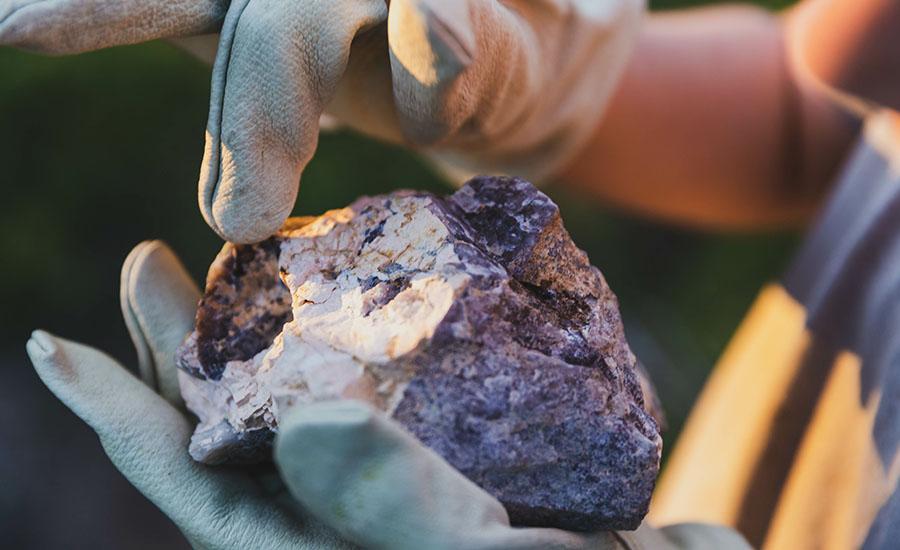
Frankenstein: STEM Argumentative Research Project
by Robyn Yewell
This STEM Argumentative Research Project engages students in exploring the scientific, ethical, and societal implications of themes in Mary Shelley's "Frankenstein." Students will work in groups to research a STEM topic related to the novel, such as medical innovations, cryogenics, or genetic engineering. They will write an argumentative research paper, create a digital or physical model, and present their findings using Google Slides. This project integrates ELA standards by requiring textual evidence, research, and analytical writing. Mathematics standards are addressed through geometric constructions and algebraic reasoning in model design. Science standards are met by exploring DNA, motion, energy conversion, and engineering principles. The project emphasizes interdisciplinary learning, hands-on activities, and technology use, fostering collaboration and critical thinking. It culminates in presentations and reflections, allowing students to demonstrate their understanding of the connections between literature and STEM.
Lesson Plan Link/URL
https://docs.google.com/presentation/d/1lNeMN95lbQrMCdYwNIABVAwJAW-QTWTF4o7Qhv3…Subject Area
Science Physical Science P1: Matter P2: Objects at a Distance P3: Net Force P4: Energy Transfer Earth and Space Science E1: Earth Systems E2: Earth & the Universe Life Science L1: Cells L2: Organisms & Energy L3: Genetics & Heredity L4: Evolution Technology 1. Empowered Learner 2. Digital Citizen 3. Knowledge Constructor 4. Innovative Designer 5. Computational Thinker 6. Creative Communicator 7. Global Collaborator Engineering S2: Apply the Engineering Design Process S4: Apply Science to Engineering S5: Apply Technology to Engineering S6: Apply Communications to Engineering S7: Apply Project Management to Engineering Mathematics Geometry (G) Statistics and Probability (SP) English Language Arts (ELA) Reading (Literature) Reading (Informational Text) Writing Speaking & Listening
Featured
Off
Related Content

Grades:
3rd Grade, 4th Grade, 5th Grade, 6th Grade, 7th Grade, 8th Grade, 9th Grade
An overall view of mining, minerals, and their role in our everyday life. This lesson compares the past, present and future of mining and it's relativity to sustaining our way of life.

Grades:
7th Grade, 8th Grade, 9th Grade, 10th Grade
This project sets students up to explore animal anatomy and physiology with the idea of replacing a lost appendage (beak, leg, tail, fin, etc.) This is used in small groups of 2 or 3 over the course

Grades:
9th Grade, 10th Grade, 11th Grade, 12th Grade
A lesson to teach students how to collect, organize, interpret data, make inferences, raise awareness, and suggest possible solutions on the water quality of the waterbodies in the state of Arizona.

